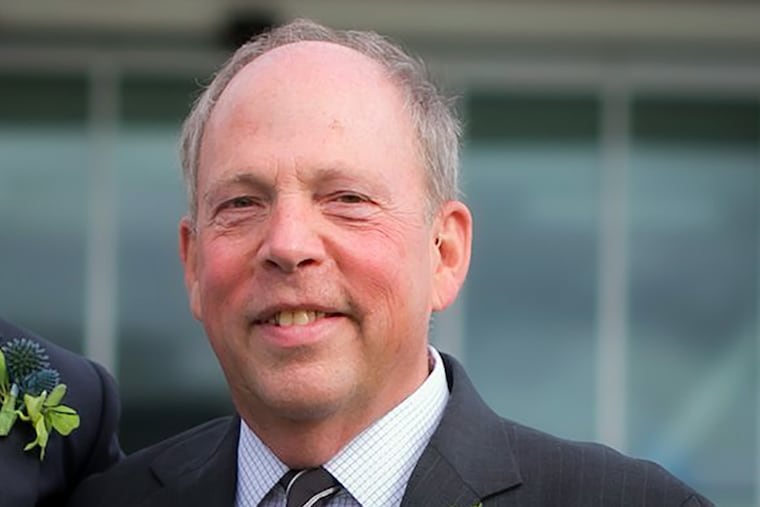Joel Bennett, Penn hematologist-oncologist, researcher and medical professor, dies at 78
"Knowing Joel made us all smarter, and he also taught us to be passionate and interested in the world," said a Penn colleague and friend.

Dr. Joel S. Bennett, 78, a hematologist-oncologist and groundbreaking blood researcher at the University of Pennsylvania who inspired colleagues and students alike, died Monday, June 21, at his Bryn Mawr home of pancreatic cancer.
“A renaissance man” in the words of one of his closest colleagues, Dr. Bennett was tirelessly devoted to his patients, a researcher whose discoveries helped save the lives of countless people with coronary artery disease, and a professor whose example many young doctors sought to emulate.
“Joel’s extraordinary contributions to the field of hematology and as a researcher are awe-inspiring,” said Charles S. Abrams, Penn vice chair for research and chief scientific officer at Penn’s Perelman School of Medicine. “His clinical acumen and his exquisite and thoughtful care of his patients was a lesson in grace and all that it means to be a doctor. Joel was the one who we all sought advice from about our most pressing cases.”
The American Society of Hematology awarded Dr. Bennett its Beutler Prize — the society’s highest honor. His scientific contributions were published in respected medical journals, and his work was recognized by the American Society for Clinical Investigation and the Association of American Physicians for its excellence.
But Dr. Bennett wasn’t one to call attention to his achievements. His way was to be on call at all hours to help with a troubling case or to quietly make a diagnosis for loved ones their own doctors had missed. His offspring didn’t realize what a big deal their somewhat nerdy doctor dad was until they were adults themselves.
“My dad’s passion was medicine and for medicine’s sake alone, and it was pure,” said daughter Lisa Bennett. “It wasn’t for money and it wasn’t for accolades. It was something within him — a desire to push science forward to help patients, make little incremental steps toward solving the puzzles of the world for the sake of the world, and not himself. He would be the last one to stand and raise his hand and say, ‘This was because of me.’”
Dr. Bennett grew up in Southfield, Mich., the son of Marvin and Rhoda Bennett. He earned a bachelor’s degree in premed at the University of Michigan and later graduated from the University of Michigan Medical School.
He came to Penn in 1967 for his residency in internal medicine as well as his fellowship in hematology-oncology. Other than a stint as a physician in the Air Force, Dr. Bennett remained at Penn, serving as an important member of its medical and academic communities for over 40 years, including in advisory roles such as the department of medicine’s committee on appointments and promotions.
“He was working until the end, which is how he wanted it,” said Lynn M. Schuchter, chief of Penn’s division of hematology and oncology. Most recently, Dr. Bennett — “one of a kind and an extraordinary scientist, teacher, and clinician” — was exploring how one of the areas of his research might apply to COVID-19, Schuchter said.
But Dr. Bennett’s gifts to those he leaves behind go beyond the scientific.
“Without a doubt, my father’s legacy to me is the power of finding one’s passion in the world,” said son Andrew Bennett.
Abrams said Dr. Bennett was “brilliant and lived life with zest and tremendous grace and heart.”
“He was an independent thinker who never took himself too seriously and was at times irreverent,” Abrams said. “Knowing Joel made us all smarter, and he also taught us to be passionate and interested in the world. My dear colleague and friend has left all of us a precious and cherished legacy that we all carry on.”
In addition to his son and daughter, Dr. Bennett is survived by his wife, Evelyn Bennett; two other sons, Joe and David; another daughter, Lisa Dunn; nine grandchildren; a brother and sister; and other relatives.
A funeral was held Wednesday, June 23.
Contributions in Dr. Bennett’s honor may be made to Wings of Hope for Pancreatic Cancer Research, 8404 Brambleridge Dr., Castle Pines, Colo. 80108 or online at https://wingsofhopepcr.org.